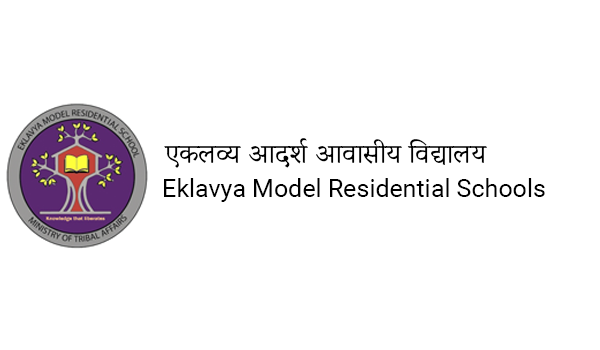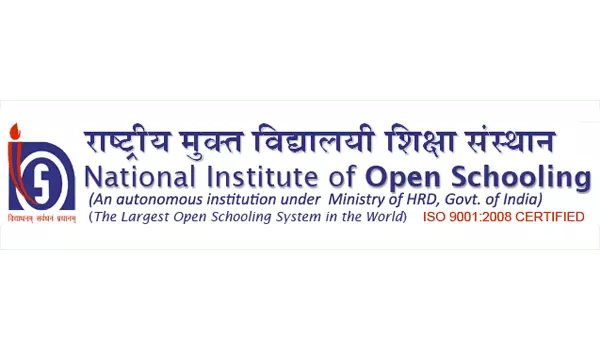Observation Skill:
Observation skills refer to the ability to perceive and gather information from one's surroundings by carefully paying attention to details. It involves using your senses, such as sight, hearing, touch, smell, and taste, to actively observe and understand the world around you. Observation skills are valuable in various areas of life, including science, art, problem-solving, and interpersonal communication.
Recognition Skill:
Recognition skills refer to the ability to identify or acknowledge something or someone based on previous knowledge or familiarity. It involves recognizing patterns, features, or characteristics that match a known reference or category. Recognition skills can be applied in various domains, including visual perception, memory, language, and expertise in specific fields.
Classification Skill:
Classification skill refers to the ability to categorize or group items, objects, or concepts based on their shared characteristics or properties. It involves recognizing patterns, similarities, and differences among different elements and assigning them to appropriate categories or classes. Classification skills are fundamental in organizing information, understanding relationships, and making sense of the world around us.
 Student Registration / Login
Student Registration / Login










